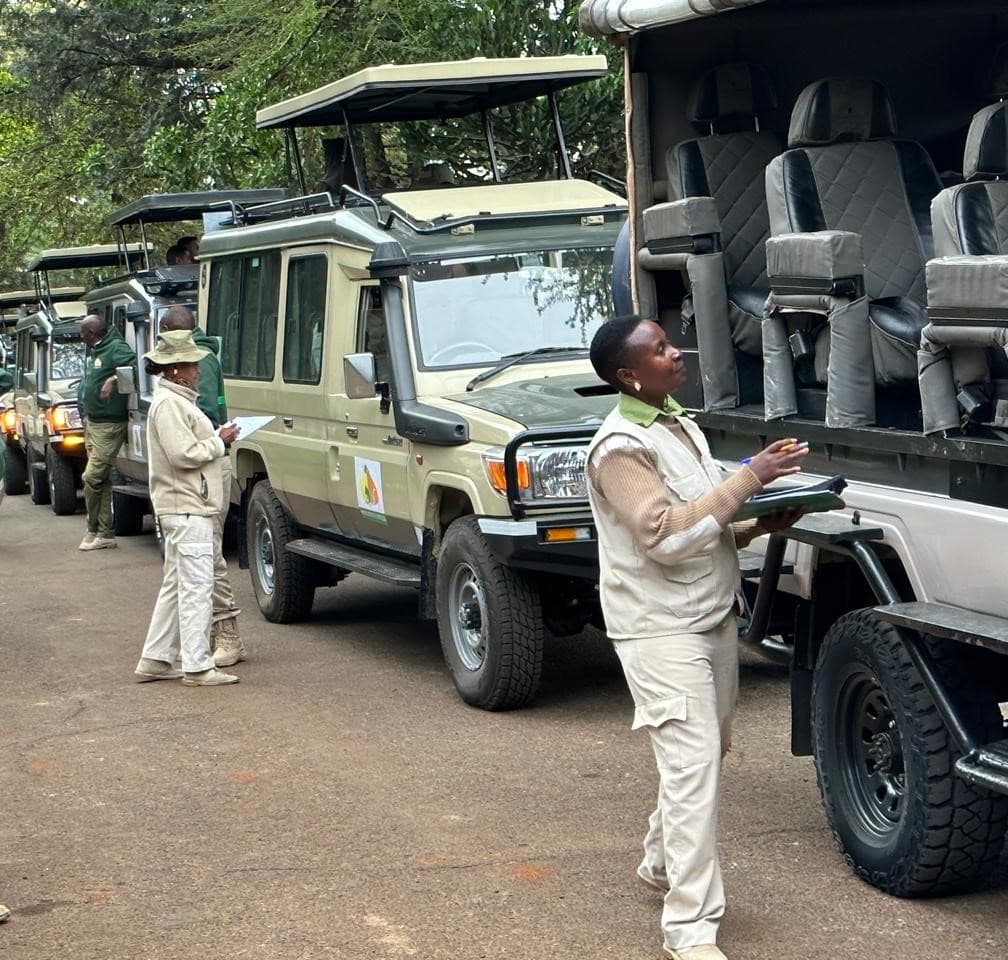We're loading the full news article for you. This includes the article content, images, author information, and related articles.
Kenya's global tourism competitiveness is under threat as operators face unbudgeted costs from a new, unconsulted Kenya Wildlife Service payment system, featuring high fees and an inflated currency exchange rate.

NAIROBI—Kenya’s vital tourism sector is confronting significant operational and financial turmoil following the Kenya Wildlife Service (KWS) rollout of a new digital payment system for national park entry fees. According to the Kenya Tourism Federation (KTF), the umbrella body for private tourism associations, the changes were implemented on Thursday, October 30, 2025, without prior consultation, catching the industry completely off guard and jeopardizing Kenya's standing as a premier travel destination.
KTF Chairman Fred Odek issued a strongly worded statement, asserting that the unilateral move has disrupted contracted tours and introduced unsustainable costs for operators. "The rollout of the new KWS park payment system has created unnecessary financial strain and uncertainty for operators who had already priced and contracted tours under the previous arrangements," Odek stated on Thursday. He warned that the unforeseen expenses threaten existing agreements with international partners and could lead to significant business losses.
The federation has pinpointed three core issues with the new KWS platform that impose immediate financial burdens on tour operators and visitors alike. Firstly, the system has eliminated several crucial payment methods, most notably direct bank transfers, which are essential for handling large-sum transactions typical of international group bookings. The only accepted payment methods are now M-PESA and Visa card.
Secondly, a new 8.5 percent processing fee has been levied on all card payments, a rate the KTF describes as "unusually high" compared to other government service platforms. This fee directly increases the base cost of park entry for every transaction made via card.
Thirdly, KTF has raised serious concerns over the foreign exchange rate being applied by the KWS system. It currently uses a rate of KSH 135 per United States Dollar, which is substantially higher than the Central Bank of Kenya's indicative rate of approximately KSH 129.24 reported on Thursday, October 30, 2025. This discrepancy effectively acts as a hidden surcharge, further inflating the cost of park entry for international tourists paying in dollars.
The tourism industry is a cornerstone of the Kenyan economy, generating over KSH 400 billion in earnings from 2.5 million international arrivals in 2024 alone. The government has set ambitious targets to attract 3 million visitors in 2025. However, industry stakeholders fear these new, uncoordinated fee structures could undermine such growth by making Kenya a more expensive and less predictable destination compared to regional competitors like Tanzania and Uganda.
The abrupt changes come just weeks after KWS implemented a separate, comprehensive review of its conservation fees on October 1, 2025, the first such major adjustment in 18 years. While KWS stated that review was the result of a year-long consultative process, the KTF's current outcry suggests the payment system changes did not follow a similar stakeholder engagement protocol. The initial fee hike had already sparked industry concern, leading the KTF to seek and win a temporary court order in early October to delay implementation, arguing operators needed more time to adjust their pricing.
The Kenya Tourism Federation is calling on the Ministry of Tourism and Wildlife and the Kenya Wildlife Service to immediately address the crisis. Their demands include the urgent reinstatement of all previous payment options, particularly bank transfers, to facilitate smooth large-scale transactions. Furthermore, they are urging a complete removal of the 8.5 percent processing fee and the use of the official Central Bank of Kenya exchange rate for all transactions to ensure fairness and transparency.
"These changes risk undermining Kenya’s competitiveness as a global tourism destination," Odek reiterated, emphasizing the need for a collaborative approach to policy changes that impact the entire sector. As of the time of publication, neither the Kenya Wildlife Service nor the Ministry of Tourism and Wildlife had issued a public response to the concerns raised by the federation. Streamline News has reached out for comment and will provide updates as they become available. The industry now waits to see if a resolution can be found to prevent long-term damage to one of Kenya's most valuable economic pillars.
Keep the conversation in one place—threads here stay linked to the story and in the forums.
Other hot threads
E-sports and Gaming Community in Kenya
Active 8 months ago
The Role of Technology in Modern Agriculture (AgriTech)
Active 8 months ago
Popular Recreational Activities Across Counties
Active 8 months ago
Investing in Youth Sports Development Programs
Active 8 months ago